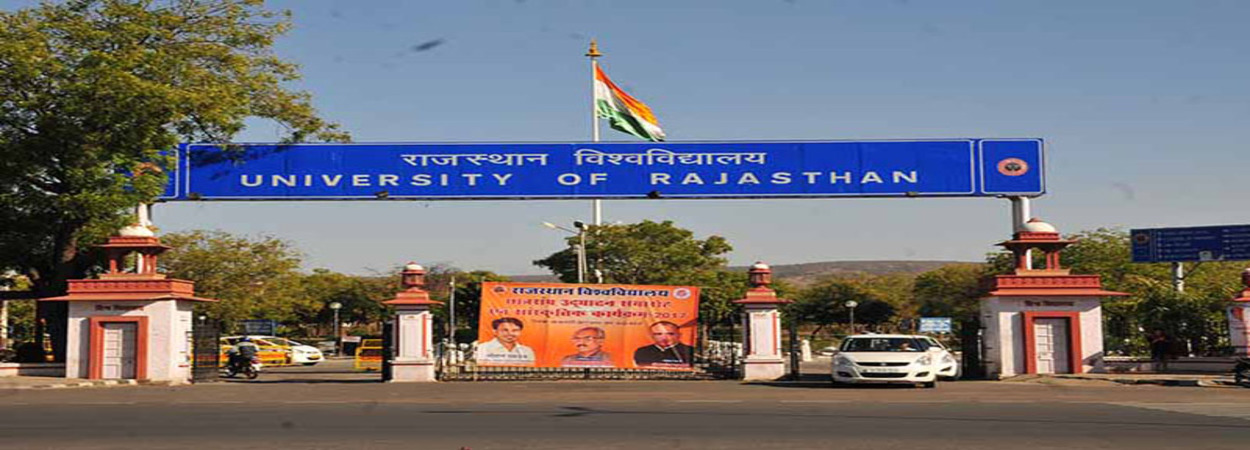Introduction:
A Ph.D. in Business/Managerial Economics is a prestigious degree that combines economic theory with business practice, preparing scholars for high-level analysis and strategic decision-making in the business world.
Admission Process:
- Application Submission: Prospective students must submit a detailed application, including a statement of purpose.
- Entrance Exams: GRE or GMAT scores are often required.
- Academic Records: Submission of transcripts from all post-secondary institutions attended.
- Research Proposal: A proposal outlining potential research areas and questions.
- Letters of Recommendation: Typically, three letters from academic or professional references.
- Interviews: Some programs conduct interviews as part of the selection process.
Eligibility:
- A Master’s degree in economics, business, or a related field.
- A strong foundation in microeconomic and macroeconomic theory.
- Proficiency in quantitative methods and statistical analysis.
- Research experience, demonstrated through publications or a master’s thesis.
- Excellent communication skills, both written and oral.
- A clear research agenda that aligns with the program’s strengths.
Completion Time:
The program usually takes 4 to 6 years to complete, which includes coursework, comprehensive exams, and dissertation research.
Career Opportunities:
- Economic Consultant: Providing expert analysis on business strategies and economic policies.
- Academic Researcher: Conducting scholarly research and teaching at universities.
- Government Advisor: Shaping economic policies at government agencies.
- Market Analyst: Analyzing market trends to guide business decisions.
- Corporate Executive: Leading companies with insights from economic research.
Syllabus:
- Core courses in Economic Theory, Econometrics, and Managerial Economics.
- Electives such as Behavioral Economics, Game Theory, and Industrial Organization.
- Seminars on current research and advanced topics in economics.
- Dissertation research under the guidance of faculty advisors.
Internship Opportunities:
- Internships with financial institutions, consulting firms, and multinational corporations.
- Research internships at think tanks and policy research organizations.
- Teaching internships at the university, providing classroom experience.
Scholarships and Grants:
- Teaching assistantships that include tuition waivers and stipends.
- Research assistantships funded by faculty grants.
- Fellowships from economic associations and business schools.
- Grants for specific research projects or dissertation work.
FAQs:
What distinguishes a Ph.D. in Managerial Economics from a traditional economics Ph.D.?
A Ph.D. in Managerial Economics focuses more on applying economic theory to business practices and decision-making.
Can I tailor my Ph.D. program to my interests?
Yes, most programs offer elective courses and research opportunities that allow you to specialize in your area of interest.
What skills will I gain from a Ph.D. in Managerial Economics?
You will develop strong analytical, research, and quantitative skills, as well as a deep understanding of economic theory as it applies to business.
Are there opportunities for interdisciplinary research?
Absolutely, many programs encourage interdisciplinary work, often collaborating with departments like finance, marketing, and strategy.















